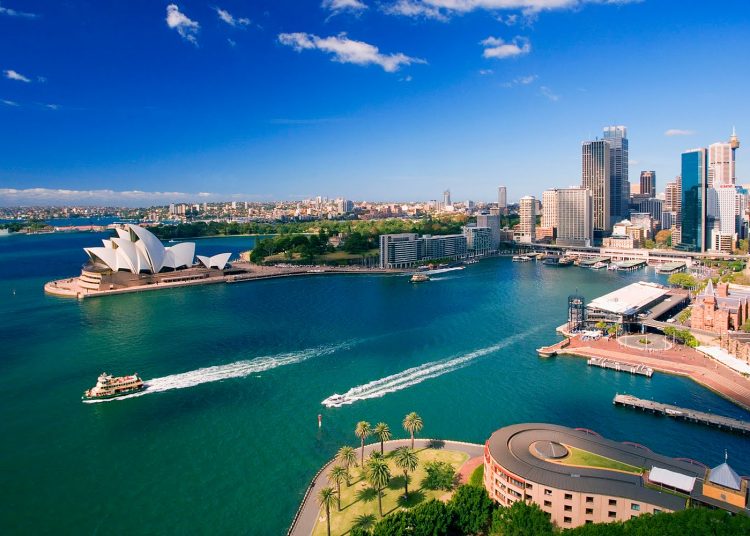Fair Work Commission sets the new minimum wage at $719.20 a week. That will mean wages will rise by $24.30 a week for about two million workers.
The commission pointed to stronger economic indicators and forecasts from the federal government, the International Monetary Fund and the Reserve Bank.
“The prevailing economic circumstances provide an opportunity to improve the relative living standards of the low-paid and to enable them to better meet their needs,” the commission president, Iain Ross, said.
“The economic indicators now point more unequivocally to a healthy national economy and labour market.
“The circumstances are such that it is appropriate to provide a real wage increase to those employees who have their wages set by the national minimum wage or by a national minimum award.”
The 3.5% increase is well above the 1.9% rate of inflation, meaning a real rise in wages of 1.6% for Australia’s lowest paid workers.
The Australian Council of Trade Unions had earlier made an ambitious push to more than double last year’s $22-a-week increase by calling for a rise of 7.2%.
The ACTU secretary, Sally McManus, welcomed the decision as a step in the right direction. She described it as the largest percentage increase ever awarded by the commission.
But she warned it was not enough to guarantee workers a living wage.
“It is a step forward towards a living wage, but it’s not a living wage,” McManus said. “We need in our country, for no full-time worker to live in poverty.”
Workers who appeared alongside McManus in Melbourne on Friday were less impressed by the decision. One woman, a cleaner who works in a Melbourne shopping centre, said it did little to help her buy a house or have children.
“Because of the minimum wage and such a petty rise of 3.5%, I can’t even think of buying a house. All of my income goes to either paying bills or paying rent,” she said.
The commission said an increase of the size called for by unions risked reducing employment prospects for low-skilled workers.
“We have, however, decided not to grant an increase of the size proposed by the ACTU and the Australian Catholic Council for Employment Relations,” the commission ruled. “In our view, an increase of the size that they propose is likely to run a substantial risk of adverse employment effects.
“Such adverse effects will impact on those groups who are already marginalised in the labour market and on households vulnerable to poverty due to loss of employment or hours.”
The Australian Industry Group slammed the decision. The group’s chief executive, Innes Willox, said the increase had the potential “to be a major disincentive to employment”.
“It is out of step with wage movements across the economy, with inflation and with the pressures that many businesses are under,” he said.
The group had called for a modest increase of 1.8%, or $12.50 a week, for those on the minimum wage and $14.60 for the lowest award rates.
“Australia already had the second-highest national minimum wage in the world [just behind France] and today’s decision runs the risk of further harming the competitiveness of Australian businesses,” Willox said.
The shadow employment minister, Brendan O’Connor, welcomed the decision, and said he was pleased the commission had rejected a bid by retailers to have the minimum wage frozen. O’Connor said Labor’s submission to the commission had argued inequality and household debt were at record highs, while wages had flatlined.
“Well, this goes some way to responding to that,” O’Connor said. “Labor was still very, very clear that we need to see better tax relief for working-class and middle-class families, and we call on the government to support Labor’s tax relief, which is almost double that for middle-class and working-class families.”
The Greens have pledged to press ahead with a bill to lift minimum wage. Employment spokesman, Adam Bandt, said the commission’s decision left many workers in poverty.
“Almost one in four people in poverty is working full-time and even though the economy is apparently strong, this decision will still leave many full-time workers living in poverty,” he said. “Until we enshrine in law a minimum wage above poverty level, inequality will continue to grow in Australia.”
The commission also decided to increase all modern award minimum wages by 3.5%.
The ruling will come into effect on 1 July.













